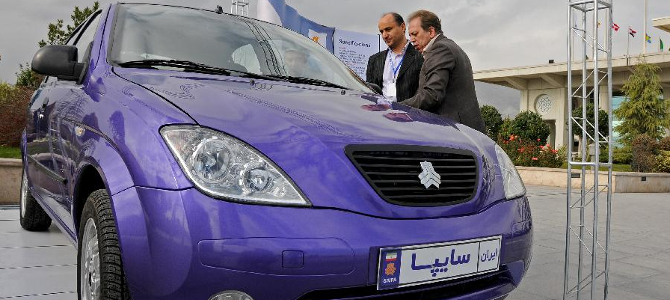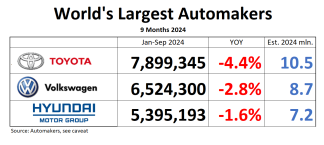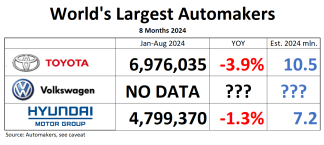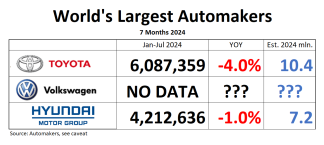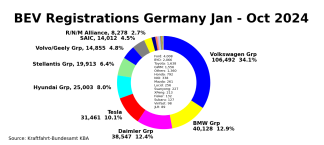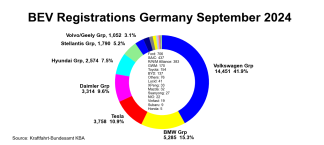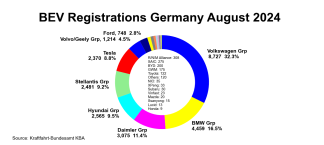In the leadup to last weekend’s Auto Industry International Conference in Tehran, organizers boasted that nearly every nation would be represented, including “France, Japan, Germany, Italy, Turkey, Britain, China, India, Czech Republic, South Korea, Spain, Egypt, Switzerland and Denmark.” In the extended [sic] of one recent official press release, “US automakers are better not to miss the opportunity.”
But miss it they apparently have, along with all the non-French global majors.
Reuters reports
“Volkswagen, Suzuki, Kia and affiliate Hyundai all denied Iranian media reports that they were to attend, but Renault and PSA Peugeot Citroen confirmed they were sending representatives.”
From the sparse reporting on the event, it seems that besides the French firms, Pininfarina was the only other “big name” European firm in attendance. As TTAC reports, the French firms are eager to get their Iranian CKD business back on line, but it seems that Iran might have other ideas as Iran Khodro Director General Hashem Yekeh Zareh told Iran’s national news agency
“We must ensure that shortcomings in our previous relationships with global car manufacturers are not repeated so that issues such as sanctions cannot create challenges for the national car industry.”
For the moment, sentiments like that help vindicate the global majors who decided to stay away from this tenuous re-opening and likely very boring conference (Note to the organizers: sponsorship by a firm closely tied to Iran’s Revolutionary Guard probably didn’t help). Certainly US firms are clear on the subject, denying any involvement in Iran… for now:
Ford and GM both deny knowledge of third-party importers that have sprung up in Iran to offer their vehicles online – alongside those of other major carmakers.
But Ford has been identifying potential distribution partners in Iran so that it can “move quite quickly” when the time comes, a source with direct knowledge of the matter said.
The company “continues to follow all legal requirements expected under the current sanctions regime and will monitor the situation carefully”, a Ford spokesman said, declining to comment on any preparations underway.
GM says it was not behind a recent Iranian advertising campaign for its cars, or a shipment of Chevrolet Camaros that arrived in the country earlier this year and were widely photographed by local media.
“We are a U.S. company and we adhere to U.S. laws and regulations as well as sanctions,” a GM spokesman said. “That’s why we don’t have any dealings with Iran.”
Since most of their global profit comes from conservative American pickup truck buyers, Detroit may never find Iran’s emerging-market delights worth the potential blowback. And if Iran is really looking to build a more autonomous national auto industry, joining an already-crowded field of would-be “national champion” automakers, there’s not much reason for anyone to rush to help them. For now, at least, Iran seems stuck with its French partners and its CKD supply chain.
